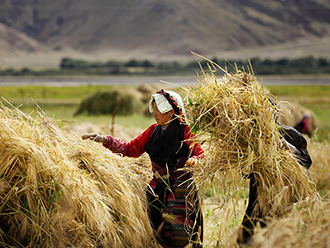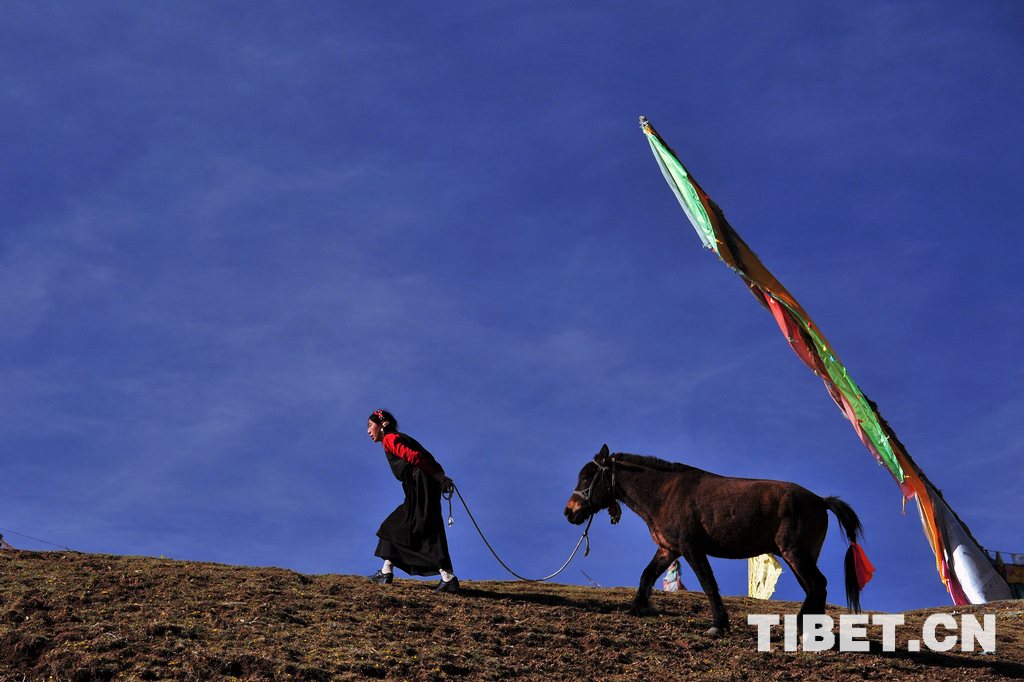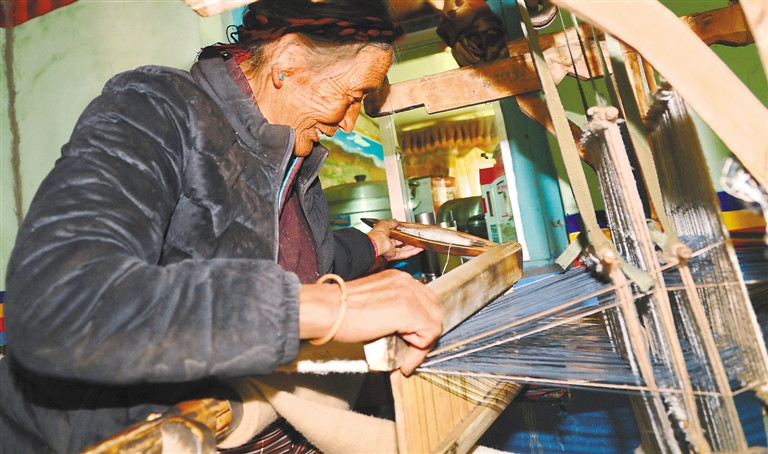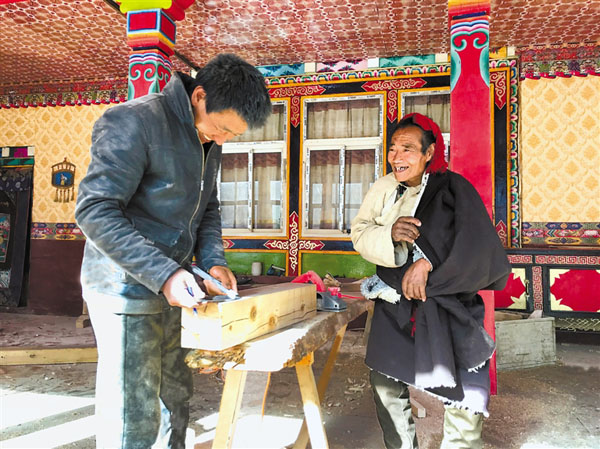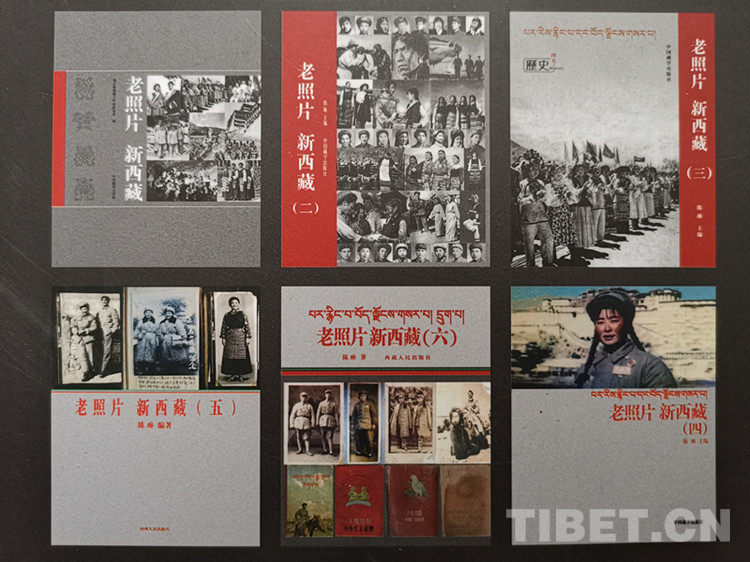Emancipated serf Ngawang: "wish my happy life can go on"
The home of Ngawang, an elderly man, is located on the edge of the most fertile and vast green field in Chide Village, Burang Township, Burang County, southwest China's Tibet. At the height of the summer, the highland barley fields here are full of greenery, and the crops are growing very well. They are especially charming with the gold and yellow rapeseed flowers mixed in.
At the age of 74, Ngawang has spent his life witnessing the changes in this land that have occurred since democratic reforms.
"Before democratic reforms, my family was all serfs. My parents spent their lives working extremely hard for the ruling classes and raised 10 children. Life was particularly difficult," Ngawang remembered.
Back then, Ngawang's family of 12 lived in cave dwellings at the foot of the mountain where Xianbailin Monastery sat with two or three people in a cave. There were no beds in the black hole, just some straw laid on the ground, which made it difficult to sleep. His parents farmed and did everything from milling flour to gathering water for the estate owner, but they earned no income, only able to get some coarsest tsampa, but it wasn't enough to feel full.
"The most tiring job was gathering water. You had to pull the water from the riverside several hundred meters high and bring it to Xianbailin Monastery to give to the lords. It took about an hour one time. Each time they did it, my parents would be too tired to stand up, and they'd have to sit on the ground to catch their breath." Today, when Ngawang speaks about this past event, his voice is still full of sadness.
"After democratic reforms, I was given three mu (1 mu = 0.165 acres) of land, and my two brothers and I got a yak," Ngawang said with a smile. "The day we got the land, I walked several laps around my own land. I kept thinking about planting lots and lots of highland barley and never going hungry again."
At that time, the government also helped Ngawang and his family built a wall around their cave dwellings and some basic living facilities, so that they could finally realize the feeling of having a home.
Since then, Ngawang has worked hard on this land, started a career, and raised five children. In the 1970s, he also joined the Communist Party of China.
His nine brothers, except for one who stayed in their hometown with him, all left Burang, becoming civil servants.
Ngawang now lives with his daughter, Tsewang Sangmo. Every year, he receives over 10,000 yuan (1,451.6 US dollars) from various national policy subsidies, and he doesn't worry about food or clothes, and can enjoy his old age. Ngawang also built a new two-story house with a warm corridor, and will move in this year.
Today, his greatest hobby is to watch the workers build the house as he wants brick by brick and tile by tile.
"My home is the same as in Burang County. Every day, new changes are taking place. For example, in Chide Village, we have grown from nine households to more than 50 households today." After years of changes, Ngawang says with deep feeling, "My biggest wish now is to live a few more years, live in the new house for a few more years. Wish my happy life can go on!"
"Dad, you will live to be 100 years old!" His daughter Tsewang Sangmo says beside him with a smile.
Editor: Tommy Tan.
Tibet Stories

The story of Chosang, a former serf
"My life experience has fully demonstrated that without the Communist Party, there would be ...
Editor’s Choice
- 11th Panchen Lama goes to Ngari for Buddhist activities
- 11th Panchen Lama attends Buddhist activity in China's Tibet
- Buddhist activity held at Toling Monastery in Ali, China's Tibet
- Camera captures snow leopards mating in NW China
- Top political advisor stresses ethnic, religious affairs, poverty alleviation
